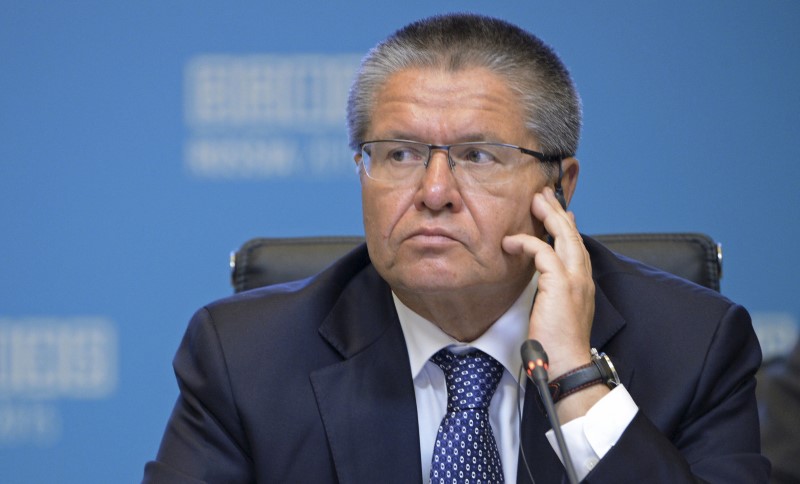MOSCOW (Reuters) - Turkey remains an important trading partner for Russia, and Moscow aims to minimise problems for Turkish and Russian businesses caused by sanctions, Russian Economy Minister Alexei Ulyukayev said on Tuesday.
His comments, playing down the impact of recent economic sanctions introduced as retaliation for Turkey's shooting down of a Russian jet, suggest that Russia is eager to prevent sanctions harming Russia's own economy.
"Turkey remains our large trading partner. Our embargo is selective, very selective, concerning food and only certain (items)," Ulyukayev said in an interview with Russian state television.
"They are designed in a way so that existing contracts won't be violated. Here we are for the time being very cautious. We don't want to create problems for Turkish business, and even less for our own business and citizens."
Relations between Moscow and Ankara soured last month after a Turkish warplane shot down a Russian jet bomber near the Syrian-Turkish border. Russia denied it had violated Turkish air space.
Following the incident, Russia introduced economic sanctions against Turkey. These included banning the import of Turkish fruit and vegetables, bird meat and salt, and the sale of charter flights and tourist visits to Turkey, from January 1.
Ulyukayev's comments come a day after President Vladimir Putin signed a decree that widened the sanctions to include companies controlled by Turkish citizens even if the companies did not fall under Turkish jurisdiction.

At the same time Putin also ordered his government to draw up a list of exceptions to the sanctions, giving Russia leeway to continue doing business with Turkish companies if it thinks Russia would benefit.